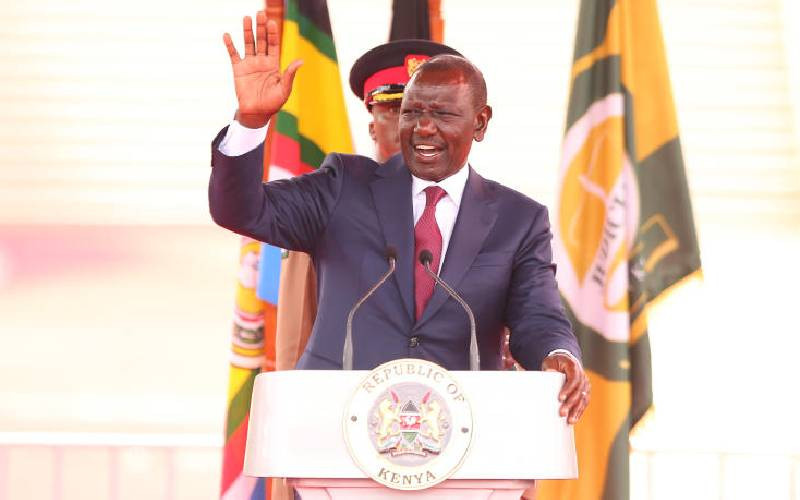×
The Standard e-Paper
Home To Bold Columnists

Heavy police presence was deployed in Nairobi streets Thursday ahead of President William Ruto's State of the Nation speech, which comes as he faces criticism over abductions, corruption and unpopular economic policies.
The deployment followed a rallying of citizens on social media come out and protest Ruto's speech in parliament.